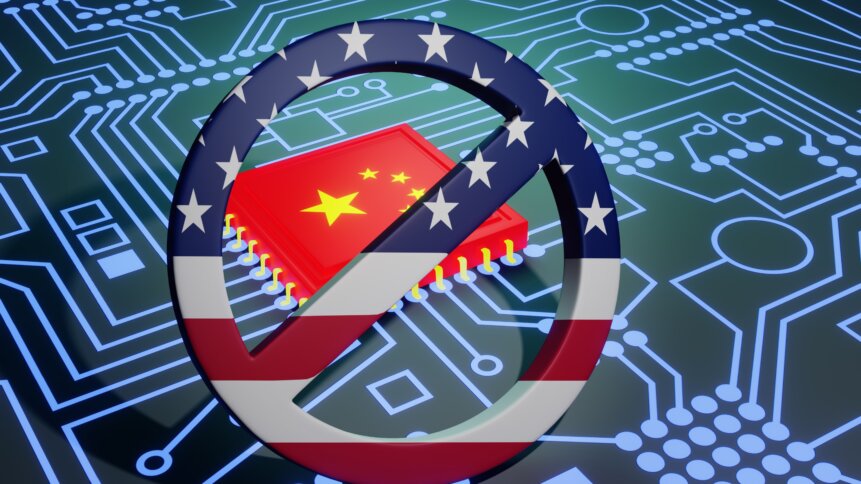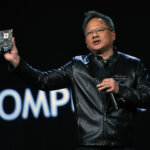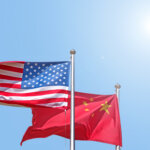Chip war: Netherlands joins the US in restricting exports of semiconductor gear to China

Two months ago, the US convinced the Netherlands and Japan to join it in expanding a ban on exports of chip-making technology to China. After all, Japan and the Netherlands are where some of the world’s largest manufacturers of semiconductor manufacturing equipment are headquartered. The move is meant to cramp China’s home-grown chip industry as sweeping export controls from the US alone would not be as impactful.
Even experts believed that the export controls would only effectively choke China off entirely if the US got support from allies that play a significant role in the global chip supply chain. However, since a deal was reached between those three nations in January 2023, neither Tokyo nor The Hague had revealed any follow-ups – up until this week.
Yesterday, the Dutch government revealed the first public details on its approach, which amounts to an intention to impose export restrictions on the “most advanced” semiconductor technology. In short, the Hague abided by the US’ request in January to limit sales to China. The Netherlands’ trade minister, Liesje Schreinemacher, wrote to parliament outlining the new measures without specifying which chipmaking machines were affected.
How will China be impacted by the Netherlands’ chip gear export control?
First and foremost, to put things into perspective, Dutch-based ASML is not only the largest European tech firm by market valuation but also the world’s only manufacturer of specific lithography systems, which are needed to print patterns of transistors on silicon wafers. That is why the Biden administration has been counting on the Netherlands to help stop China from further developing its chip industry and advancing its military capabilities.
Since 2019, ASML has not been able to ship its most advanced extreme ultraviolet, or EUV, lithography systems, which cost around 160 million euros (US$164 million) per unit, to China. The latest proposal would also bar machines one notch below that level.
“The new proposal would rein in exports of so-called immersion DUV lithography products, adding to restrictions that already exist for the most cutting-edge lithography machines, which are critical to producing the world’s most advanced chips,” according to Bloomberg, which added that the rules are expected to be published before the summer.
Schreinemacher, in her letter, said companies would have to apply for licenses to export this technology. She emphasized that the “surgical” measures would only include very high-specification systems that can make the smallest, most powerful chips, including some of the deep lithography (DUV) tools created by ASML.
In a separate statement, ASML responded, stating that the measures will “not have a material effect on our financial outlook” for 2023 or in the longer term. But the company confirmed that it would need to apply for export licenses to ship the most advanced DUV systems. “It is important to consider that the additional export controls do not pertain to all immersion lithography tools but only to what is called ‘most advanced,’” the company said.
ASML noted that it hasn’t received guidance on the exact definition of “most advanced.” Since the new proposed export controls will require legislation, the implementation will take some time. Schreinemacher also plans to push for global controls in forums such as the Wassenaar Group, a body of developed countries that restricts exports that can be used in military systems.










